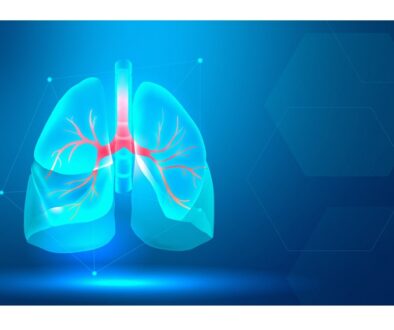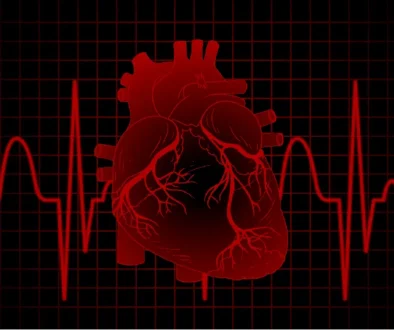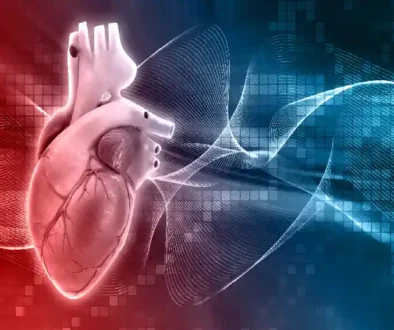Pericarditis – Causes, Symptoms & Treatment
Pericarditis Causes & Treatment | Dr. Sarat Chandra
Pericarditis is the inflammation of the pericardium. It is the most common disorder of the heart. It can be acute, chronic, or subacute. If inflammation develops soon after a triggering event, it is acute pericarditis. If inflammation develops after a few weeks to months after an illness, it is subacute inflammation. If it lasts longer than six months, then it is chronic pericarditis.
Another type of pericarditis is constrictive pericarditis. In this condition, the accumulated fluid within the pericardial layers becomes thick and fibrous. It can lead to the sticking together of two layers of the pericardium.
What are the symptoms of pericarditis?
Pericarditis is associated with the following signs and symptoms:
- Chest pain
- Breathing difficulty
- Rapid heartbeat
- Fever (acute pericarditis)
What are the causes of pericarditis?
Pericarditis Causes include:
- Heart attack
- Infections (viral, bacterial, fungal, and parasitic)
- Chest injury
- Kidney failure
- Rheumatoid arthritis
- Systemic lupus erythematosus
- Heart surgery
- Rheumatic fever
- Medications
Diagnosis of pericarditis
A cardiologist usually takes into consideration all the symptoms of a patient, his or her overall health, and medical history. During the physical examination, the doctor uses a stethoscope to listen to the sounds of the heart. Pericarditis can cause scratchy or crunching sounds. Cardiologists usually recommend chest X-rays, electrocardiography (ECG), and echocardiography to diagnose pericarditis.
Treatment of pericarditis?
The treatment of pericarditis is based on the type and cause. It involves the use of medications, antibiotics, anti-inflammatory agents, diuretics, and procedures such as pericardiocentesis (to drain the fluid from the pericardium – an interventional cardiologist inserts a thin catheter into the pericardial space) is performed in some cases.
When should you see your cardiologist?
You should see your cardiologist if you have heart palpitations, water retention, swelling in your legs and feet, shortness of breath, and abdominal swelling. These symptoms indicate constrictive pericarditis.




